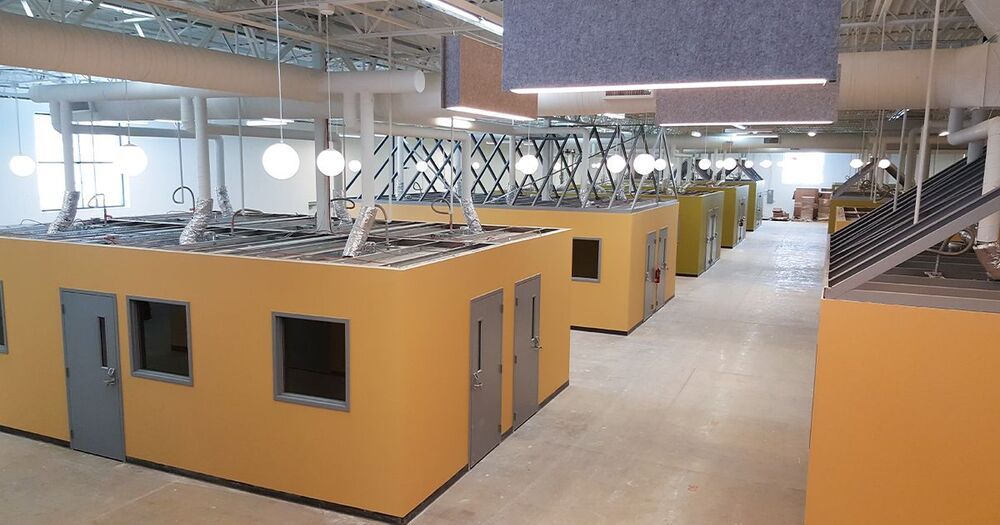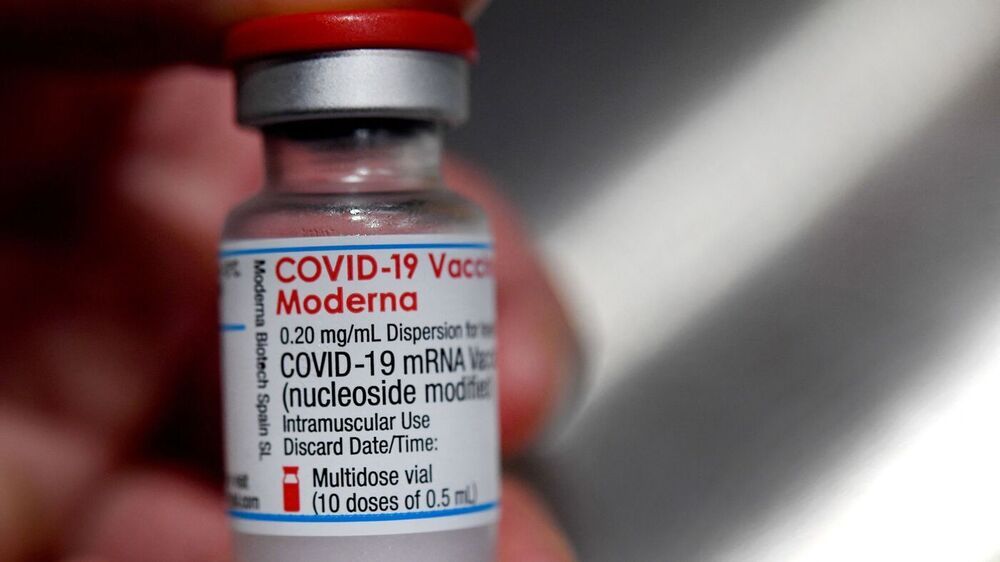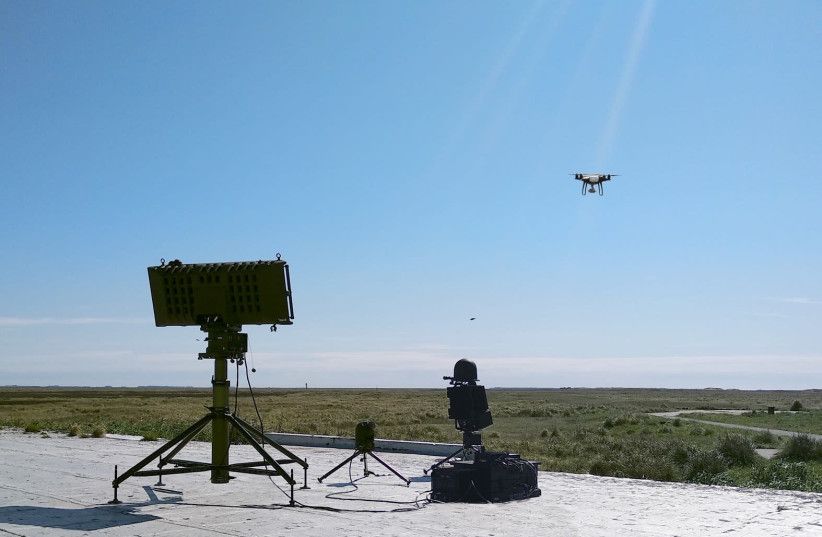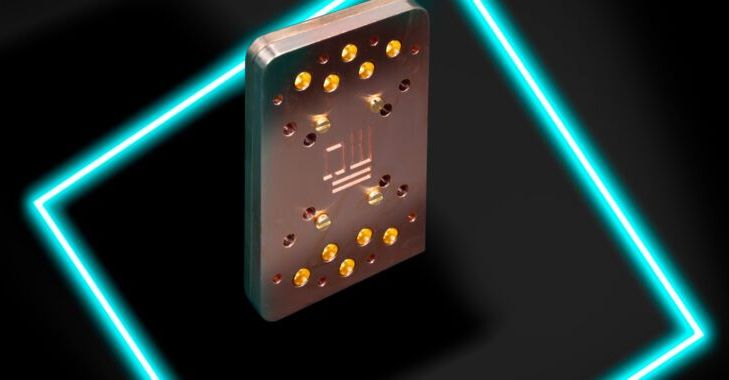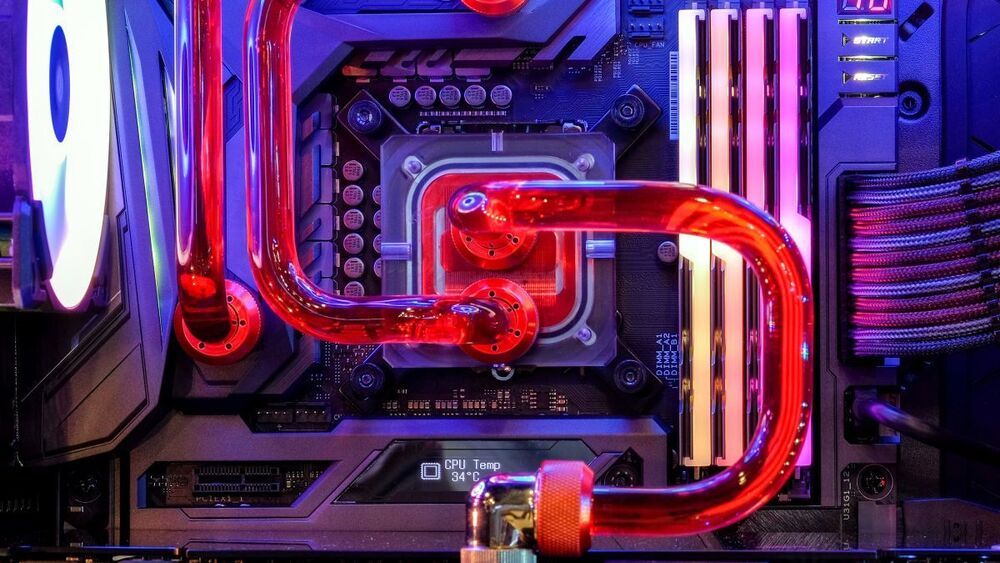Bizarre coincidence or fate?
One of the leading developers of rocket technology for the Nazis during World War II appears to have predicted the rise of an “Elon” that would one day rule over human colonies on Mars.
Wernher Magnus Maximilian Freiherr von Braun was an engineer born in Germany shortly before the beginning of the First World War. As a teenager, he became passionate about space flight and ended up working on liquid-fuel rockets for the German army in 1932.
He continued his work on rockets under Nazi German rule, with his team instrumental in creating the V-2 rocket. The rockets – aka Vengeance Weapon Two – would go on to kill thousands of people, though the greatest toll was on the 20000 concentration camp prisoners who died while constructing them under brutal conditions.
During his time developing rockets for Germany, he visited where they were being built, and knew of the awful conditions and deaths of the slave laborers, though he claimed to not know how awful conditions truly were. It’s unclear how enthusiastic he was about working for the Nazis, but he signed up to the party in 1937 (he would later claim it was 1939) and became an SS officer. Before the war was over, he surrendered himself to US forces, and went on to have a long career at NASA, eventually becoming director of NASA’s Marshall Space Flight Center, where he would work on rockets that would take humans to the Moon.
